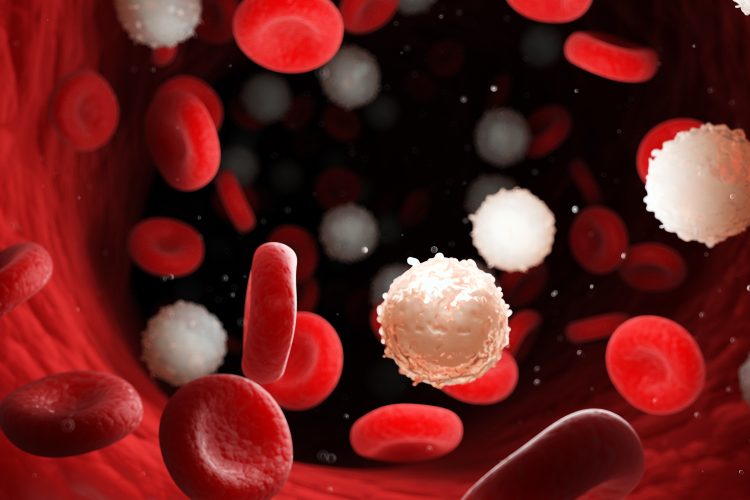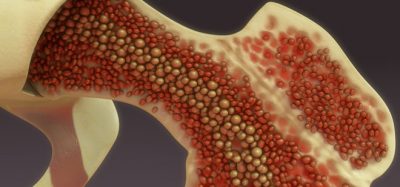Albert Einstein researcher receives NIC award to study two blood cancers
Posted: 28 October 2021 | Anna Begley (Drug Target Review) | No comments yet
Professor Ulrich G Steidl received the National Institute of Cancer’s Outstanding Investigator Award to study myelodysplastic syndromes (MDS) and acute myeloid leukaemia (AML).


The Albert Einstein Cancer Center’s Professor Ulrich G Steidl has received the prestigious Outstanding Investigator Award from the National Cancer Institute (NCI). This award is accompanied by a seven-year, $7 million grant to study the molecular and cellular mechanisms that lead to two related blood cancers – myelodysplastic syndromes (MDS) and acute myeloid leukaemia (AML).
NEWS: CRISPR screening tool exposes new leukaemia drug target – READ HERE
Steidl is one of only 17 recipients of this award in 2021, which is given to accomplished leaders in cancer research who provide significant contributions in their field. The ultimate goal of this research is to develop new treatments and cures for these usually fatal disorders.
“Clinical outcomes in MDS and AML have not significantly improved over the past half-century, and cure rates remain below 15 percent for most patients,” said Steidl. “There is an urgent need to improve our understanding of how these diseases develop and to devise more effective therapies.”
Biomarkers aren’t just supporting drug discovery – they’re driving it
FREE market report
From smarter trials to faster insights, this report unpacks the science, strategy and real-world impact behind the next generation of precision therapies.
What you’ll unlock:
- How biomarkers are guiding dose selection and early efficacy decisions in complex trials
- Why multi-omics, liquid biopsy and digital tools are redefining the discovery process
- What makes lab data regulatory-ready and why alignment matters from day one
Explore how biomarkers are shaping early drug development
Access the full report – it’s free!
Recent studies led by Steidl’s team have shown that these blood cancers arise from pre-leukaemic stems cells (pre-LSCs). Clones of these pre-LSCs go on to develop into leukaemic stem cells (LSCs) which lead to sustained leukaemia growth and are particularly resistant to drugs. “We now know that the considerable diversity of pre-LSC clones affects the development, progression, and treatment resistance of both MDS and AML,” Steidl continued.
The causes some pre-LSCs but not others to become leukaemic remains clear, however transcription factors are thought to play a key role. In the case of stem cells, transcription factors guide their differentiation into mature cells. “Our recent work has shown that the actions of key transcription factors are dysregulated in pre-LSCs and LSCs, meaning that the transcription factors and the molecular programs they govern behave abnormally,” Steidl added.
Using this grant, Steidl hopes to understand the dynamics and regulation of different pre-LSC clones and their interplay that trigger the onset and progression of MDS and AML, as well as identify and study the mechanisms by which transcription factors cooperate in transforming pre-cancerous stem cells into MDS and AML so that those transcription factors can be targeted with drugs. He also hopes to study the transcriptional dysregulation of pre-LSCs at a single-molecule and single-cell level.
“The knowledge we gain from this research should enable us to develop drugs that target pre-LSCs and their aberrant transcription factors,” summarised Steidl. “Such an approach holds the promise of achieving lasting remissions and, ultimately, even cures. Hopefully, our understanding of the early events in the progression of MDS and AML may even allow us in the future to prevent these diseases by interrupting the transformation of pre-LSCs to LSCs before overt leukaemia can occur.”
Related topics
Drug Targets, Funding, Oncology, Small Molecules, Stem Cells, Therapeutics
Related conditions
acute myeloid leukaemia (AML), Myelodysplastic syndromes (MDS)
Related organisations
Albert Einstein Cancer Center, National Cancer Institute (NCI)
Related people
Professor Ulrich G Steidl








